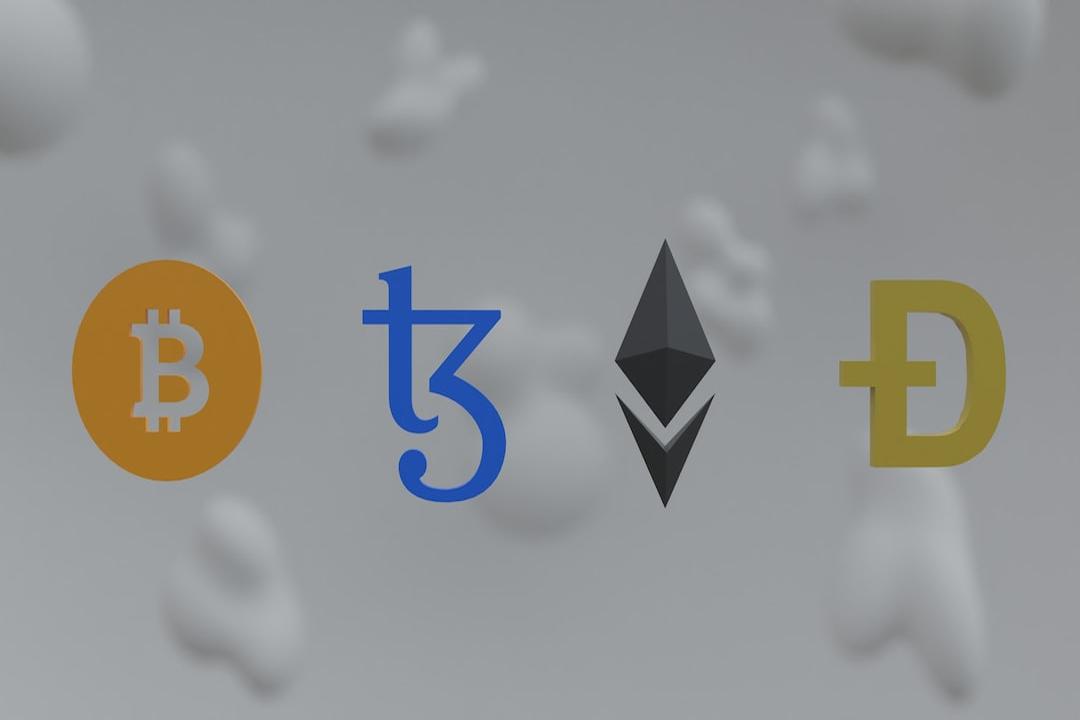Boston Federal Reserve Bank President Susan Collins’ Remarks on Tariffs and Inflation
On March 28, Boston Federal Reserve Bank President Susan Collins stated in an interview that the new wave of tariffs from Trump may inevitably raise inflation in the short term. She emphasized that maintaining high interest rates for an extended period might be a reasonable choice, as there remain uncertainties regarding market reactions to prices and overall inflation conditions.
Tariff Effects Will Definitely Raise Inflation in the Short Term
According to Bloomberg, Collins pointed out that tariffs will inevitably push up inflation in the short term. She believes that the price increases stimulated by tariffs may only be temporary; however, it cannot be ruled out that they could develop into more prolonged and serious inflationary pressures. “Currently, this situation not only depends on the tariffs themselves but also on whether retaliatory measures will emerge or if there will be a widespread impact,” Collins stressed.
Maintaining High Interest Rates While Observing Trump’s Policy Effects
The Federal Reserve (FED) decided last Tuesday to keep interest rates unchanged. Collins indicated that this is because officials need more time to observe the tangible effects of Trump’s tariffs and immigration policies on the economy. In the short term, it is unlikely that rates will ease, and a wait-and-see approach will be maintained.
She specifically noted that the recent public response to inflation in the U.S. has been different from the past, and model predictions may not be accurate, as people have just experienced a period of high inflation and are more emotionally sensitive.
Economic Data Shows Some Weakness, But Fundamentals Remain Strong
Internal forecasts from the Federal Reserve indicate a slight downward revision of this year’s U.S. economic growth estimates, an upward revision of inflation expectations, and a slight increase in the unemployment rate. Collins acknowledged that while there are some concerns in the market at present, she emphasized that “the fundamentals of the U.S. economy remain robust.”
She pointed out that at this stage, most Americans are in a wait-and-see mode, and it can be assumed that a deterioration in consumer confidence could lead to a decline in demand, which may exert pressure on the economy.
Monitoring Inflation Expectations; Swift Action May Be Needed If They Spread
Collins stated that “inflation expectations” will become a key reference for future policy. If the market generally expects prices to rise, it will create a chain reaction that pushes actual inflation numbers higher.
She added that although Fed Chair Jerome Powell has indicated that long-term inflation expectations remain stable, a recent poll from the University of Michigan shows that 5 to 10-year inflation expectations have surged to a 30-year high, requiring close attention.
The Era of High Interest Rates Is Not Over, Tariffs Are a New Variable
As Trump’s policies return and tariffs become the focus of the market once again, Federal Reserve officials have also warned that “inflation may rise again.” Throughout her remarks, Collins emphasized one thing: interest rates will not decline rapidly in the near future, and continued attention will be paid to the direction of Trump’s tariffs and immigration policies.
Risk Warning
Investing in cryptocurrencies carries a high level of risk, and prices may be highly volatile, potentially resulting in a total loss of principal. Please assess risks carefully.

